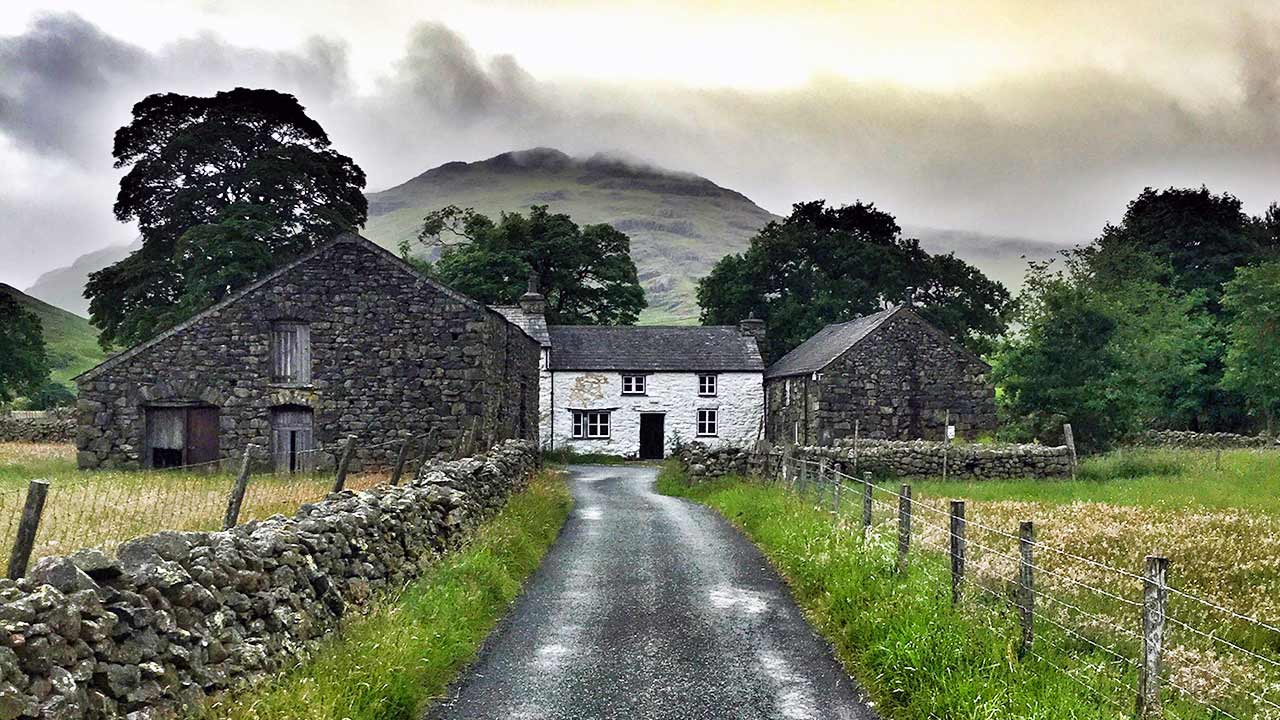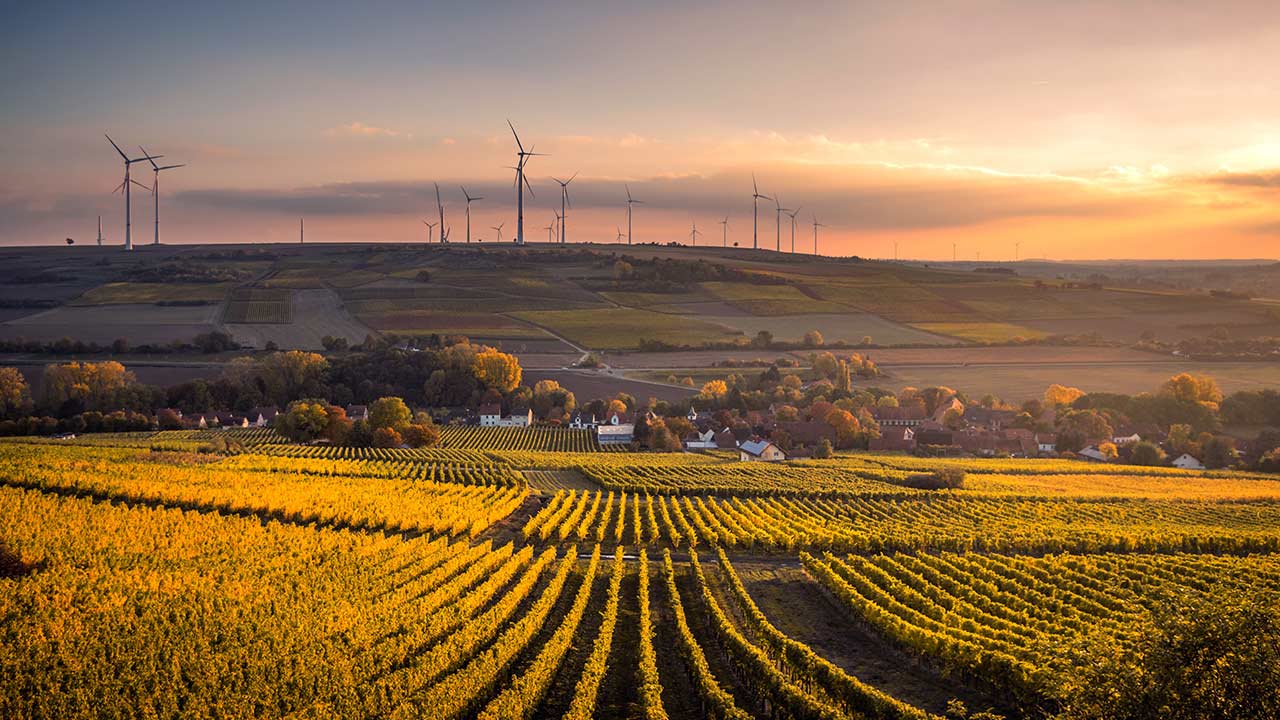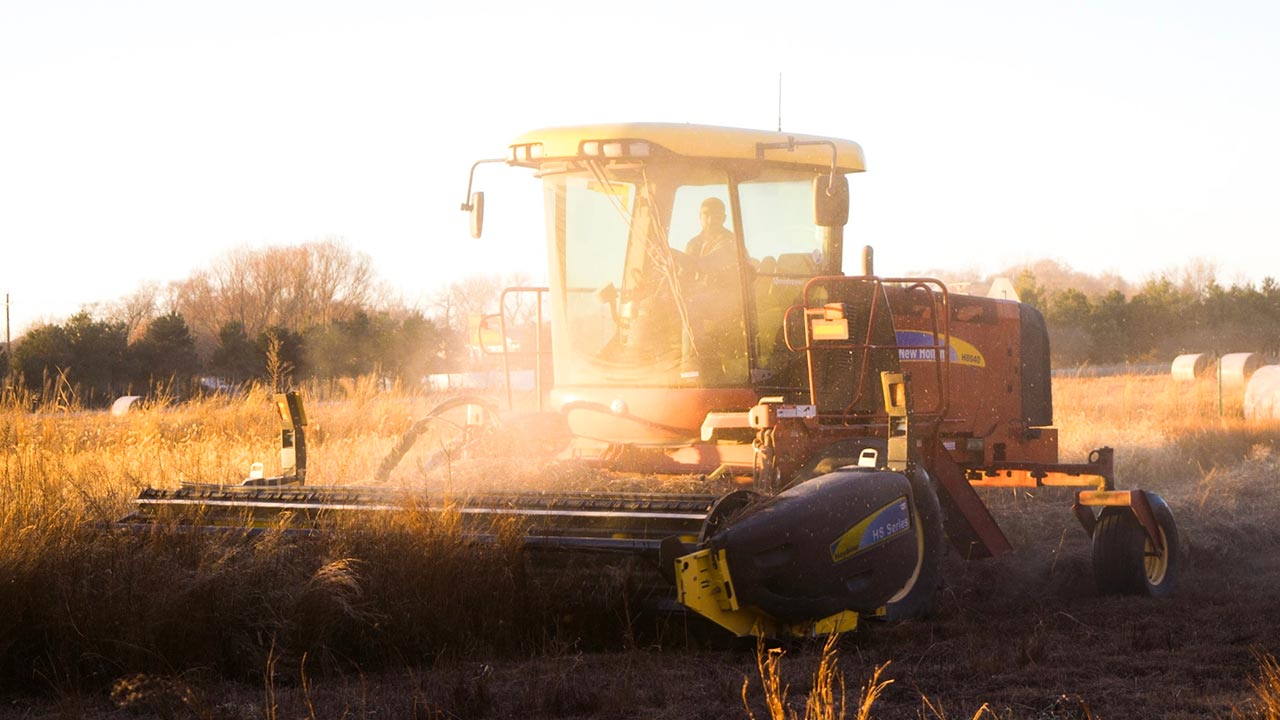
Although asbestos may not be the first thing you think of when it comes to the dangers of farming, it is a very real risk.
“Despite the significant progress made over the last two decades in asbestos management. The reality is that there is still a massive job to do to effectively manage asbestos in our older building stock, particularly on farms.”

Farmers are particularly at risk as a high proportion of older farm buildings were constructed when asbestos was a common building product. Agricultural workers account for 1% of the UK workforce but around 20% of worker deaths. Asbestos exposure can lead to many serious diseases. Including mesothelioma as well as lung cancer. There is also the potential of asbestos exposure on family members, including children, living on farms. It’s not just the health risk that farmers need to be aware of, there are also financial repercussions. There is a raft of regulations when it comes to managing asbestos on a farm.
Asbestos Regulations
Farmers have been warned to take immediate action on asbestos within their premises or risk being fined. This follows a recent crackdown on poor health and safety standards within UK farming. Employers responsible for managing farms in the UK are legally obliged to protect farmworkers and visitors under the Health & Safety at Work Act 1974 and Control of Asbestos Regulations 2012.

“As well as the serious risk asbestos exposure poses to health, non-compliance with asbestos regulations can lead to hefty fines. Farmers, therefore, need to take decisive action to ensure that asbestos is being properly managed to negate these risks.” – Matthew Potter, Bureau Veritas.
A recent drive by the HSE aims to improve health and safety in agriculture as part of its ‘Agriculture Sector Intervention Plan’. This plan was devised in response to the high numbers reported of work-related deaths, accidents and illnesses.
As part of this new initiative, unannounced farm inspections are now carried out by the HSE. This has resulted in a number of substantial fines issued due to breaches of health and safety regulations.
Whilst managing asbestos in addition to the already heavy workload farmers face may seem like a huge task. This is one job that should not be put off. The risks associated with asbestos are too important to put to one side. Furthermore, once started the process is started it can be easily managed.
”The HSE guide ‘What A Good Farm Looks Like’ contains information and advice to help farmers maintain and achieve asbestos compliance.
Work-related deaths
The death of farmers as a result of asbestos exposure is a very sobering reminder to take health & safety seriously.
“The danger of asbestos on farms has been cast in the spotlight after a farmer recently died of cancer caused by the fibrous minerals.” – Farming UK
A farmer from Dorset was diagnosed with mesothelioma in July 2019 and died just two months later. Mesothelioma which is an incurable form of cancer is caused by inhaling asbestos fibres.
The farmer reportedly grew up on a farm which had asbestos roofs and later married and moved to another farm which demolished its asbestos buildings.
The risk of asbestos exposure in British farming has been highlighted in recent years by both the HSE and the number of asbestos-related illnesses and deaths.

What To Do
If you think that you have asbestos within your farm buildings or equipment it is important that you address the issue. Asbestos was only fully banned in the year 2000. Therefore, there is a high probability that this is the case if your equipment or building is over 20 years old.
To identify and manage asbestos you must consult a qualified asbestos professional. They will then be able to sample the suspected materials and let you know if they do contain asbestos.
If the building or equipment is in a good undamaged condition the asbestos can almost always remain on site. An asbestos engineer can create a management plan which will ensure you remain compliant with all regulations. If the materials are in fact damaged they will be able to remove and dispose of them safely.
If you are concerned that your farm contains asbestos our knowledgeable team will be able to help and advise you on the steps to take.
You can contact us on 01772 981239, email enquiries@weldlag.co.uk or contact us here.